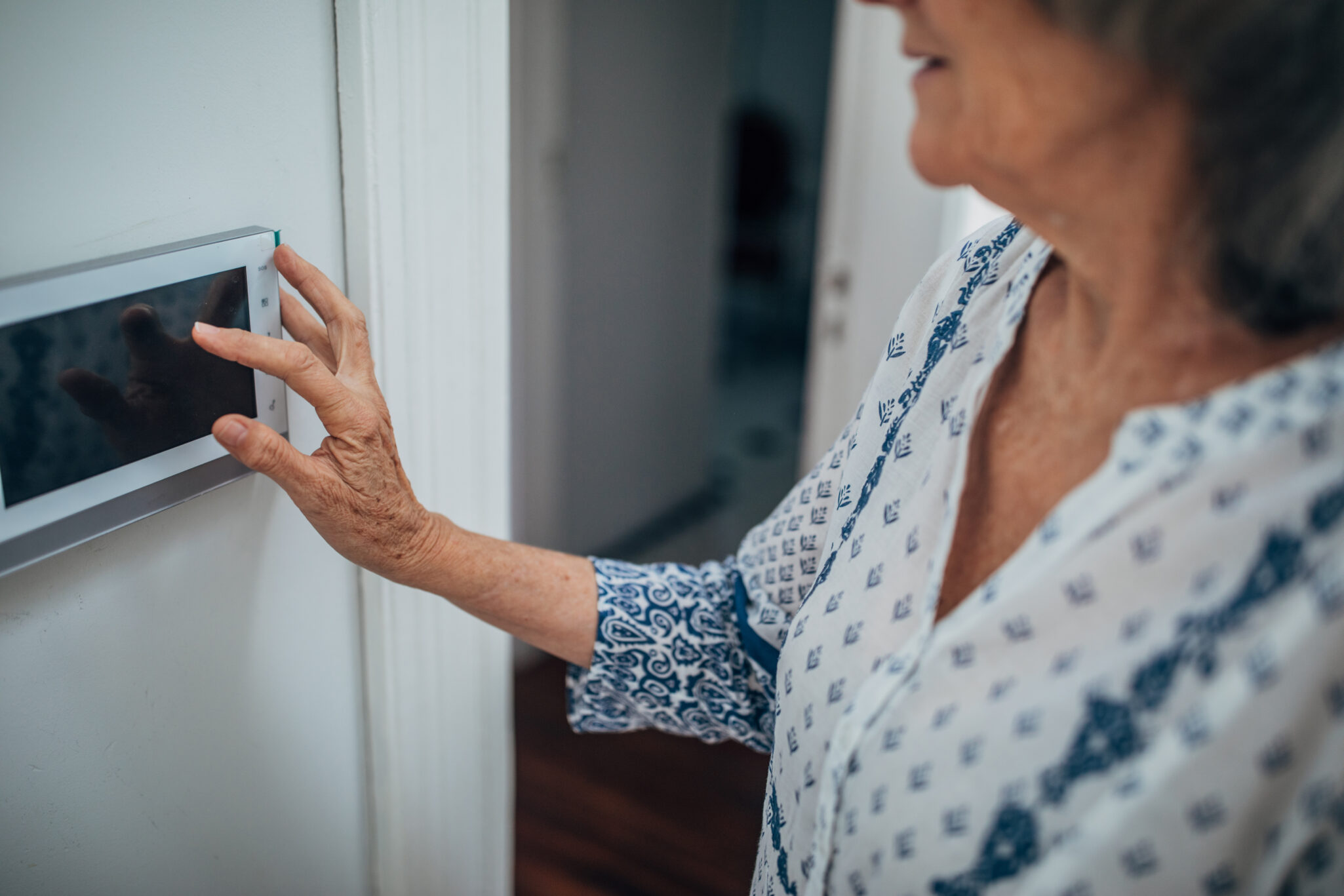
Share Via Email
The Future of Senior Living in Richmond, Va.
With 10,000 Baby Boomers reaching retirement age every day, senior living is undergoing a lot of change. According to the U.S. Census Bureau, in 10 years, 20% of the population is expected to be 65+. This article post will examine the future of retirement living in Richmond and try to predict how independent senior living communities will adjust to provide the active and engaging lifestyle seniors prefer. It will also examine how today’s pandemic and the possibility of confronting future virus outbreaks will shape the way seniors live.
6 predictions for the future
Most of the trends that can be seen now around the country are expected to grow and spread, as communities find new and innovative ways to provide a fulfilling lifestyle seniors want.
Technological advancements: Smartphones have already revolutionized senior living with apps that track health and provide medication reminders. Voice-activated virtual assistants like Alexa and Siri are helping make life easier. In the future of senior living, that trend will continue, as more virtual robot assistants and other devices are developed to help seniors stay engaged, active and connected.
The current COVID-19 pandemic has sped up the adoption of technology like Zoom and Skype to allow seniors to stay in touch with family, friends and medical professionals. Independent living communities in Richmond, Va. will need to build up their technological infrastructure and support to keep up with future advancements and residents’ expectations.
Community design: The recent pandemic will vastly influence the size and layout of future communities. To help avoid community-wide disruptions, many may choose to adopt designs that emphasize the use of separate neighborhoods, where residents can live, socialize and dine together in smaller groups. Pocket neighborhoods or other smaller, village-like campuses may also be built.
In the event of a future epidemic or pandemic, a section could be cordoned off without shutting down the entire community. Builders could also start using new materials for flooring, furniture, accessories, countertops, cabinets, handrails and doors that are either antimicrobial or are more easily cleaned.
Green senior living: While at first it may cost more to build a green, eco-friendly community, homes that are LEED-certified with eco-friendly appliances, building materials and lighting can save money in the long run and are much better for the environment.
Find your niche: Communities will begin to focus more on specific culture and lifestyle preferences. To do this, they’ll cater to specific groups like Asian Americans or LGBTQ seniors by offering an array of cultural events, educational opportunities and fitness classes that appeal to them.
Lifestyle trends: Many active seniors want to continue living or working close to a commercial district or city center. That’s why many community planners will start creating senior housing in existing downtown hubs or considering the needs of older adults in planning new neighborhoods in the future.
Individualized care: The future of senior living will include changing from a care-setting model to a patient-centered model that allows residents to receive more personalized care as they need it.
A smart plan for today and tomorrow.
As you evaluate your independent senior living options, it’s important to consider a community’s past as well as their future. At Lakewood, an independent living community in Richmond, you’ll find a community committed to being an innovator in giving you the innovative lifestyle you want now and in the future. And they’ve honored this commitment for over 40 years. To learn more, fill out our contact form.

